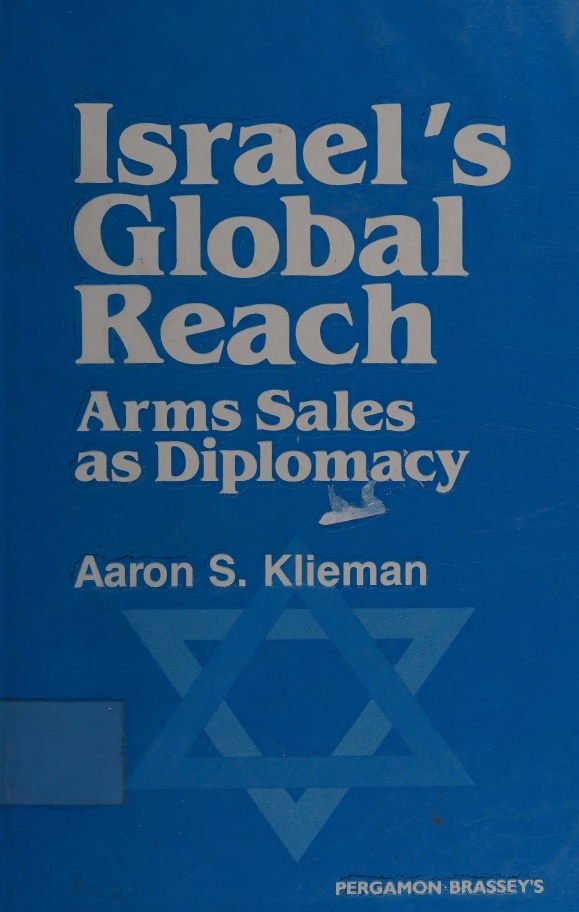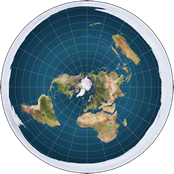
Aaron Klieman - Israel's global reach
Aaron Klieman, an expert in Israeli arms sales, is professor of international relations and former chairman, Department of Political Science, Tel-Aviv University, and visiting professor at Georgetown University, 1984-85. He has written extensively on arms sales as an associate of the Jaffee Center for Strategic Studies at Tel Aviv University, Israel.
His publications include Foundations of British Policy in the Arab World ; Soviet Russia and the Middle East ; Emergency Politics and The Growth of Crisis Government; and Israel-Jordan-Palestine : The Search for a Durable Peace.
In this insightful book, Aaron Klieman documents why the Israeli government’s purposeful encouragement of its international arms business is viewed as a reasonable risk in an unreasonable world.
For Israel, security has forever been the essential mission. With this moral imperative - and wary of éternal dependence on the United States and friendly European nations - beleaguered Israel embarked on an unprecedented program to build a self-reliant armaments industry. With professional competence, national zeal, modern technology and strong government support, this production base quickly became a major element of the Israeli economy. The Israeli defense industry now accounts for 25% of industry exports and over 50% of the manufactured weapons are sold abroad.
How did arms sales become the single unchallenged foreign policy of Israel ? The author reveals how rampant inflation, the need for hard currency and the leadership of successive pro-military governments directed Israel toward an unparalleled arms sales program. National leaders recognized that economic necessity compelled Israel to engage in “mankind’s most continuing good business.”
Once Israel chose to enter this international area where trade contends with ethics, its national strategic commitment to international arms sales caused a diplomatic backlash among both its friends and enemies. The United States occasionally vetoed Israel’s sales of items, such as aircraft, that contained U.S. parts, and trade that seemed morally reprehensive to Western European nations brought on minor reprisals.
Most importantly, nearby Arab nations quickly increased their military strength in response to Israel’s expanding production capabilities, and also protested vehemently to the United States and other nations for not taking financial and diplomatic measures to curtail Israel’s industrial arms growth.
Despite such concerns, Israel continues to compete fiercelty o become the main weapons merchant to many undeveloped countries, including ‘‘the pariahs of the Third World’ - those nations that are viewed unfavorably by the international community.
Israel - PDF



